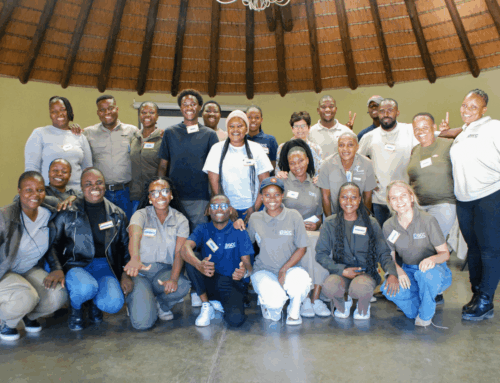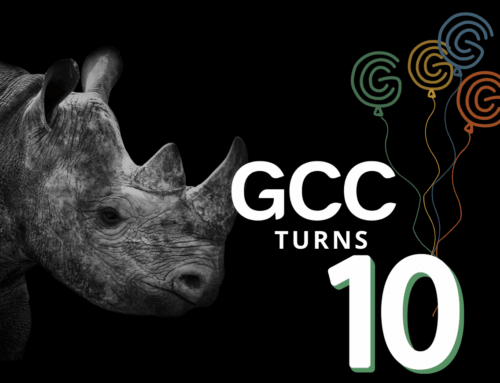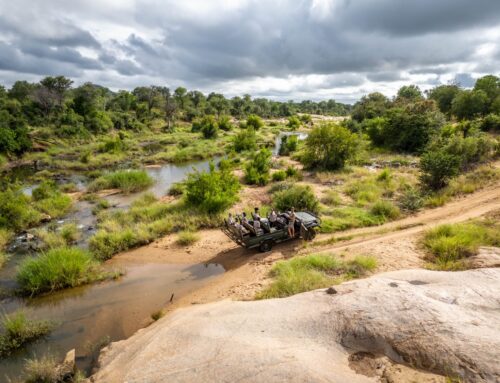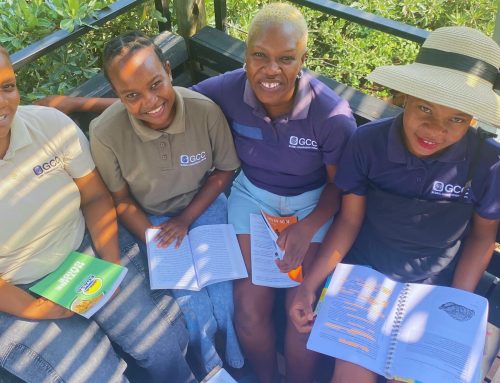In this time of international panic, sadness, and depression, World Health Day gives us a chance to reflect on the crisis we find ourselves in and the steps we can take to minimize pandemics like this occurring in the future.
At the time of writing this blog, there are 1.3 million individuals around the globe who are infected with COVID-19 approximately 75,000 recorded deaths.
The world is in the midst of a global health crisis.
At the heart of the COVID-19 outbreak lies the underlying issue of the wildlife trade; the suspected reason for COVID-19 originating in the first place.
If we really want to honor the work of health workers around the world, it is imperative we understand how we can play our part in reducing pandemics like this from starting in the first place.
Now more than ever, conversations about conservation are critically important. While conservation might seem innocuous in the face of a public health crisis – stricter international trafficking laws and higher levels of policing towards the illegal wildlife trade could have played a significant role in preventing the current world health calamity.
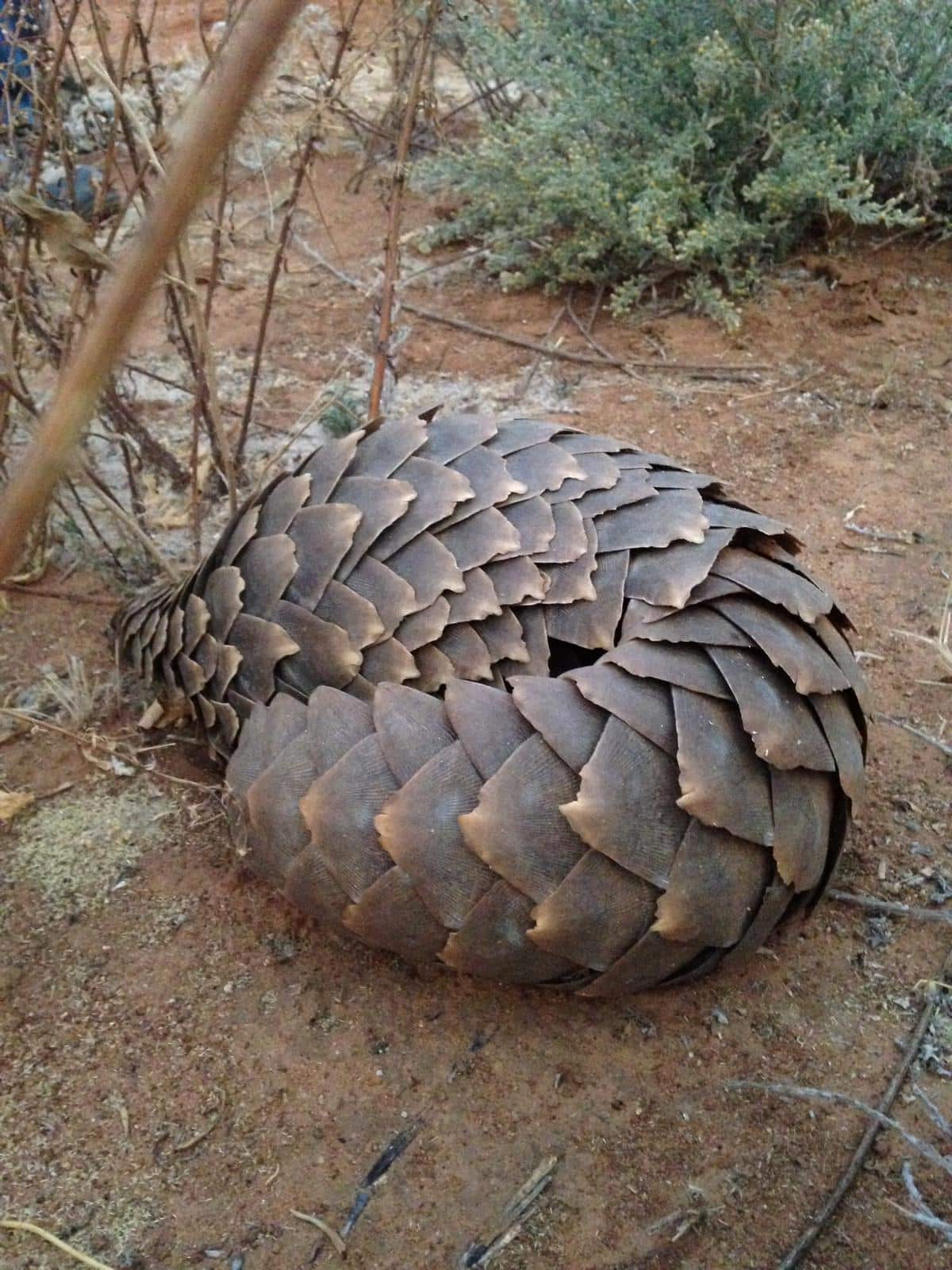
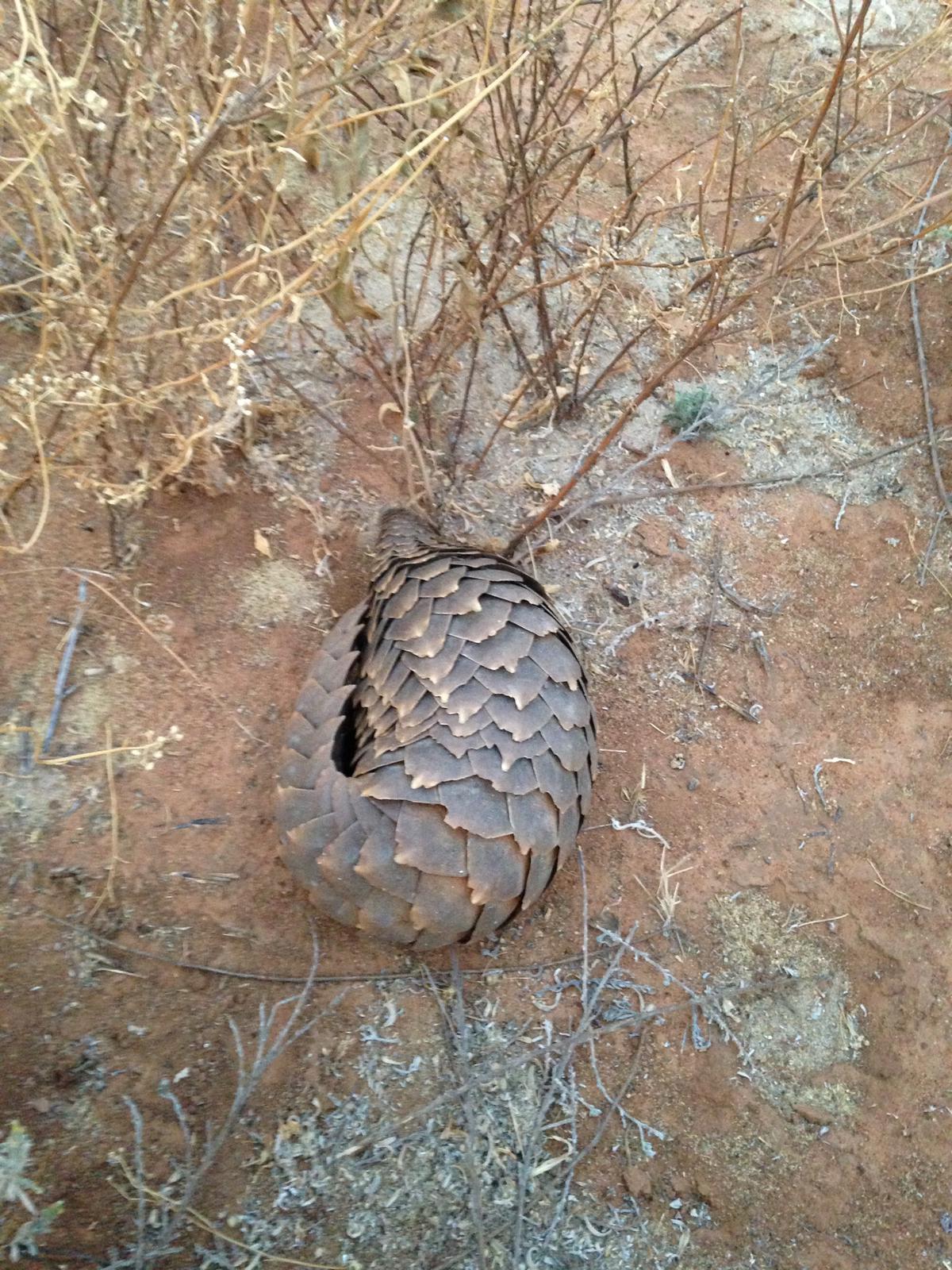
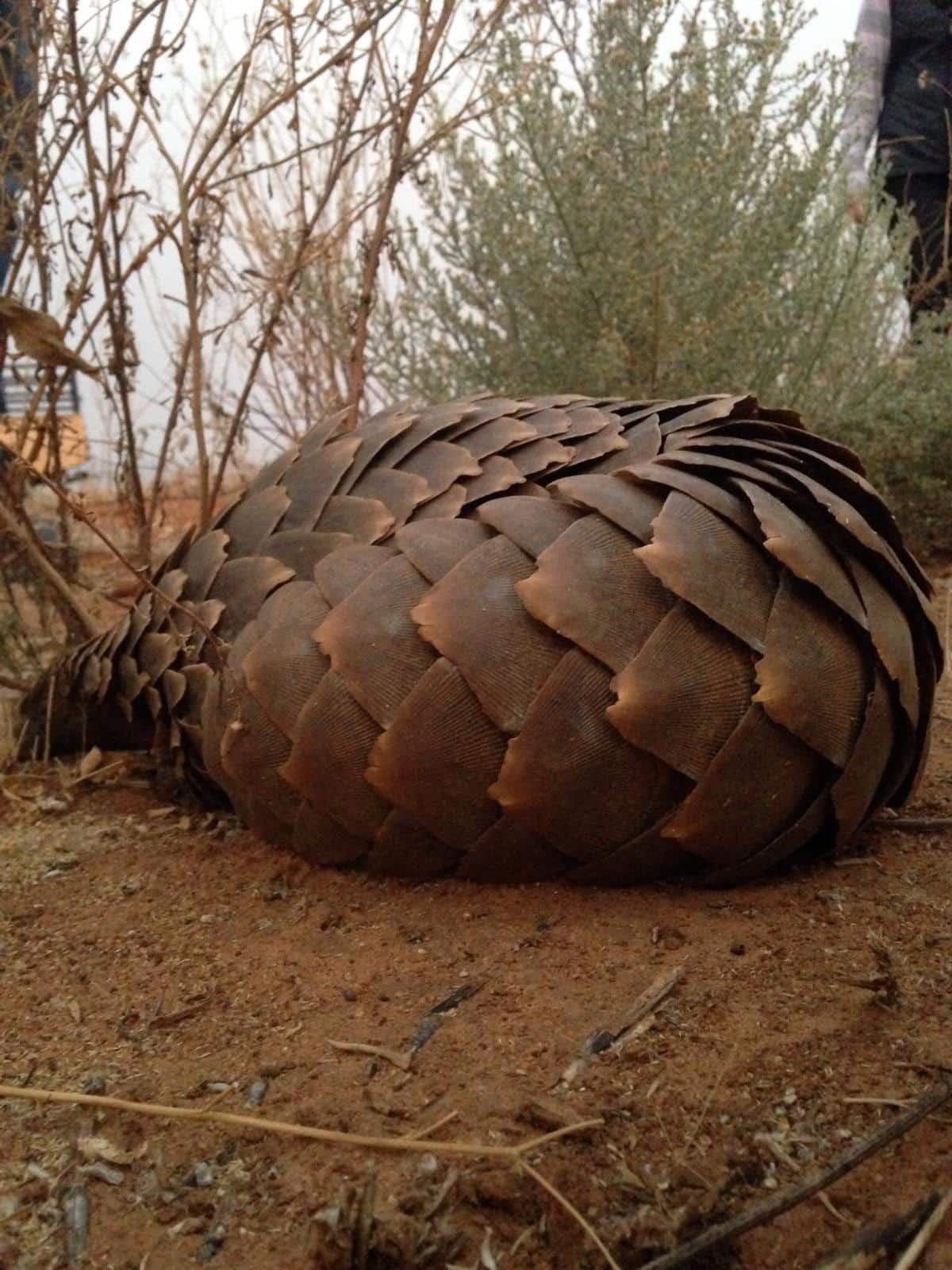
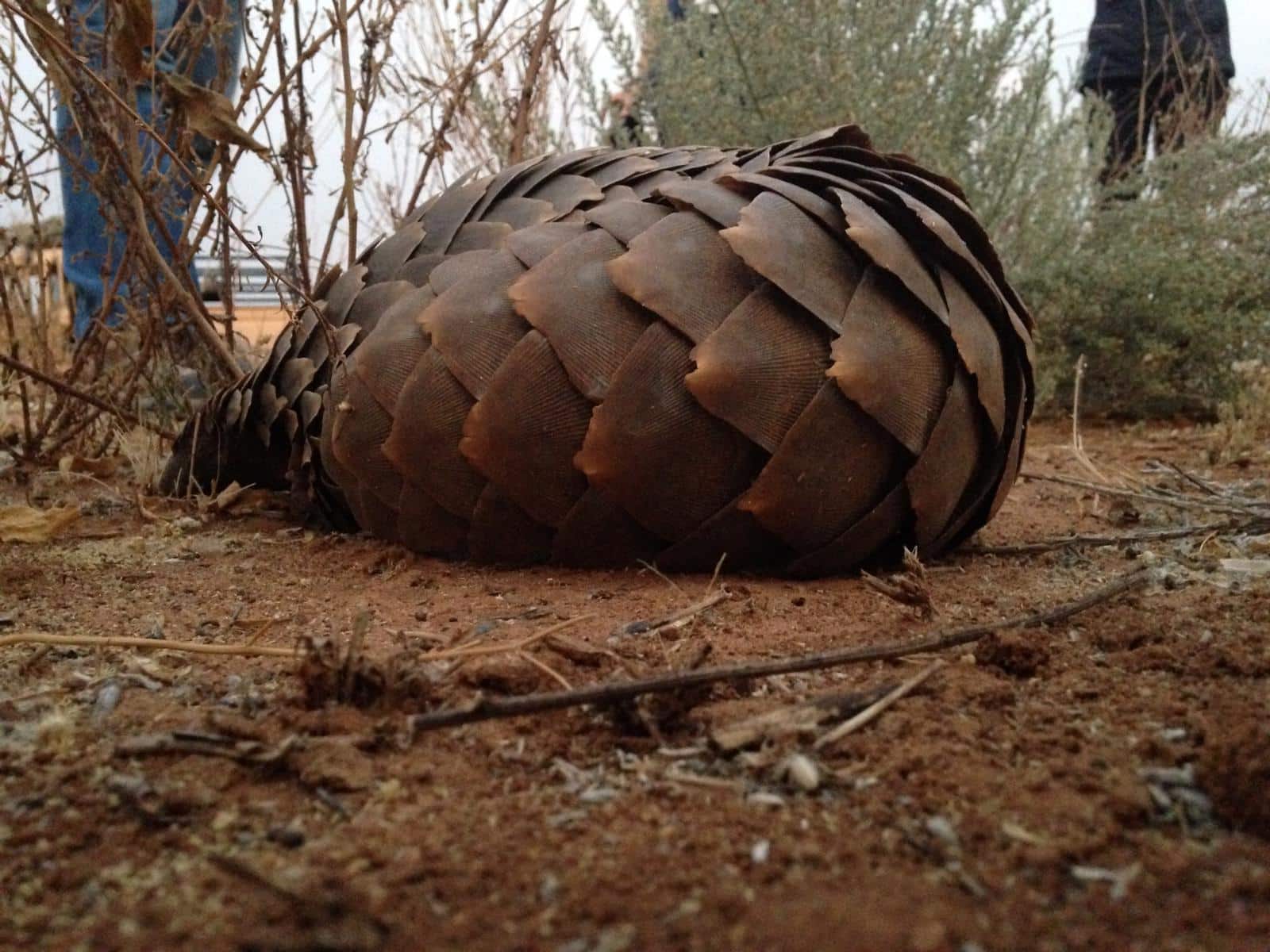
This virus, which commonly plagues types of birds and small mammals, made the jump from wildlife to humans at a market in the small province of Wuhan in China. In many parts of the country, these markets slaughter and sell live animals, including wildlife, for consumption, and are referred to as ‘wet markets’.
There has yet to be a definitive answer as to which species are at the center of the pandemic. Pangolins, one of the world’s most trafficked animals, along with bats, are the main suspects. Pangolins are small anteater-like creatures, which are considered a culinary delicacy and medicinal elixir in China. It is estimated that around 2.7 million pangolins are trafficked each year into mainly Chinese and Vietnamese wet markets.
Since the spread of the disease, China has been making national strides in banning the consumption of wild animals through these markets. While the ban is temporary and to be frank, a little too late, it is a step in the right direction.
In disasters, there are always lessons to be learned, and COVID-19 reminds us that protecting the welfare of human beings means protecting wildlife. People do not live in vacuums. Lapses in taking care and failing to be stewards of wildlife have a direct and immediate effect on public health.
Through GCC’s work, we believe that education is the most powerful tool to be used in conserving both humankind and wildlife. Eradication of the illegal wildlife trade would ensure less global health pandemics take place, and fewer health care workers would put their lives on the line. On this World Health Day, 2020, GCC would like to honor all the incredible individuals serving in the COVID-19 pandemic. We salute your bravery!

